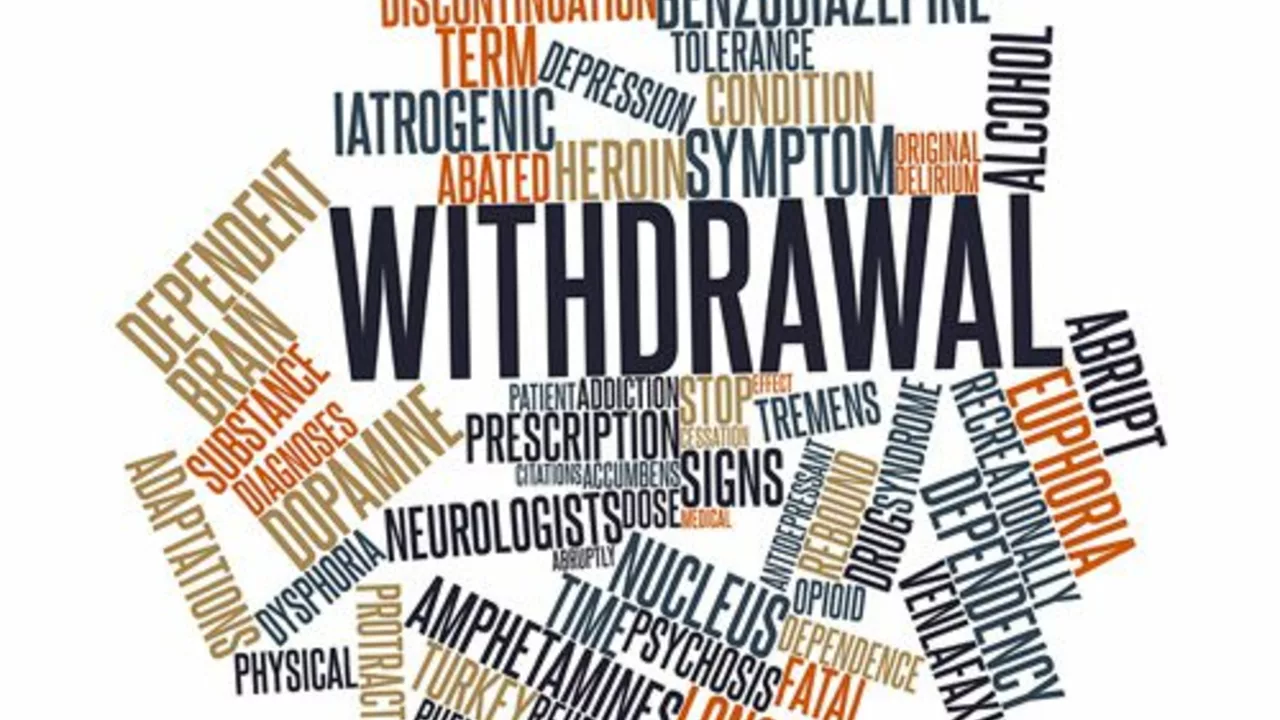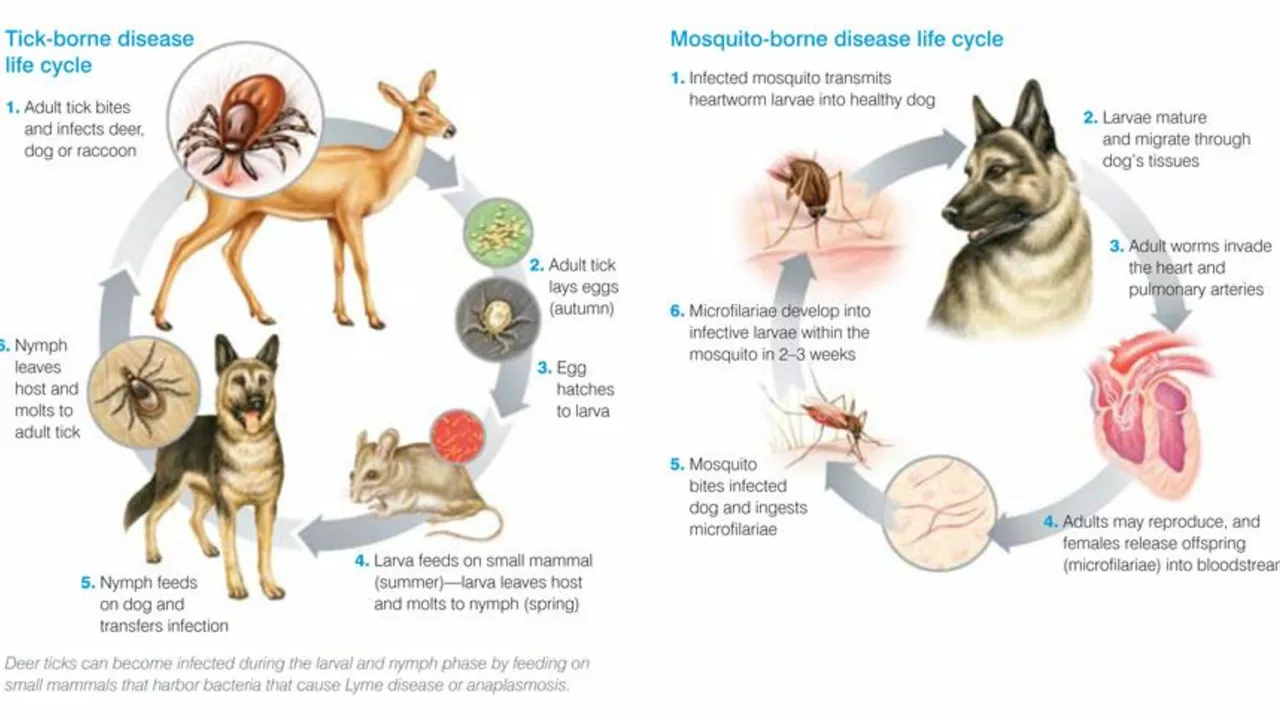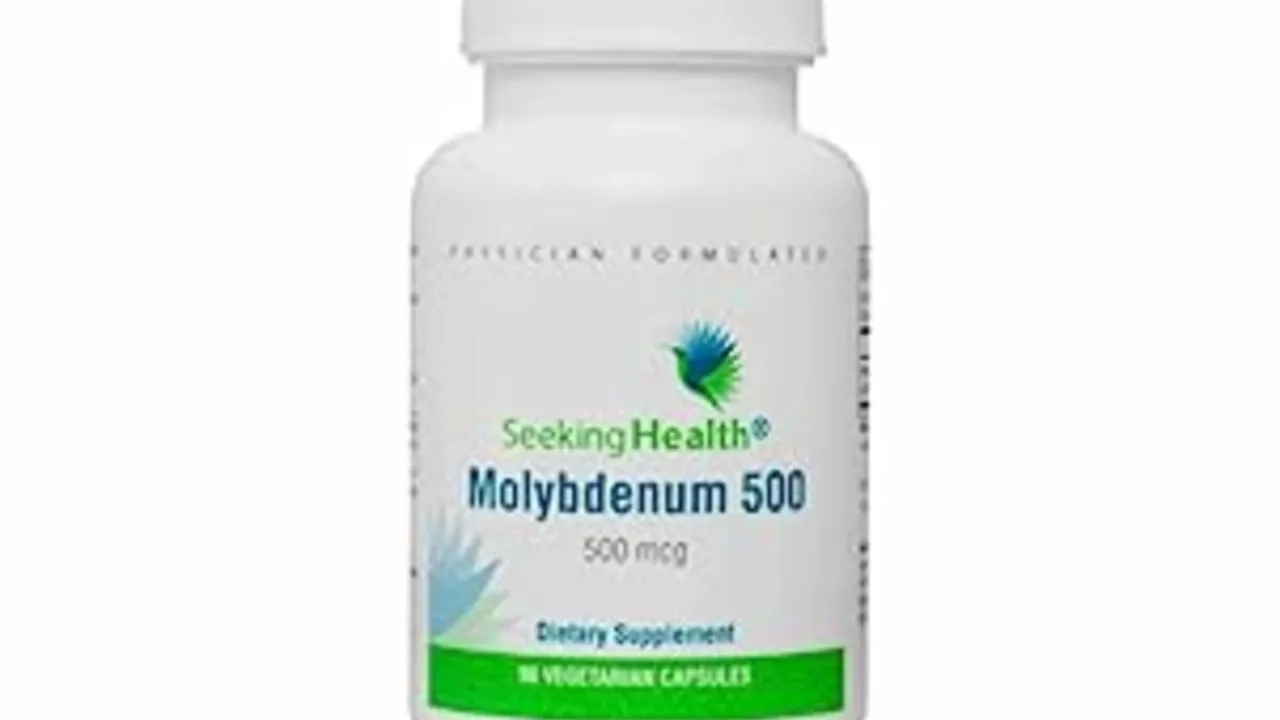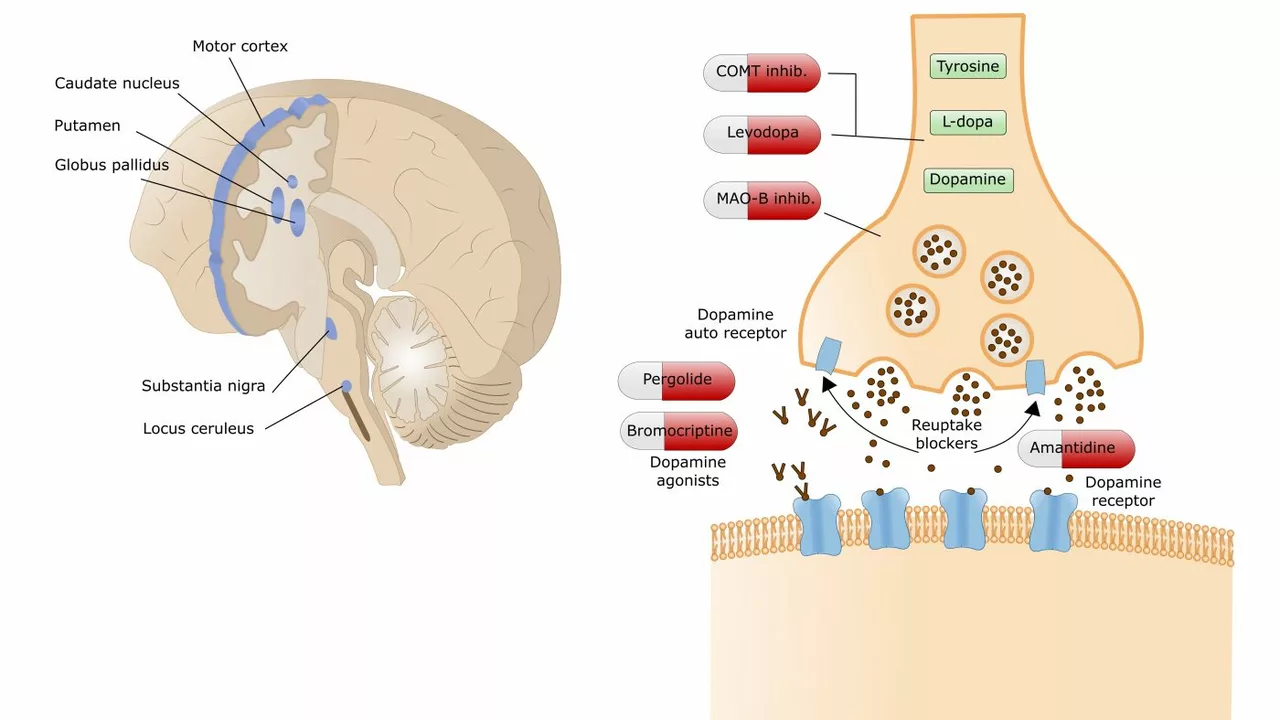July 2023 Archive — Key Takeaways on Drugs, Supplements and Safety
Seven posts in July 2023 covered real problems people face: drug interactions, withdrawal symptoms, infectious risks, and supplement claims. I’ll give you the practical points from each piece so you can act on them today without wading through long articles.
Medication risks and withdrawal
Flunarizine mixes poorly with alcohol and some blood pressure meds — expect increased dizziness and a higher fall risk. If you or someone you care for takes flunarizine, avoid drinking and tell the prescriber about any antihypertensives to reduce fainting chances.
Topiramate withdrawal can hit with anxiety, restlessness and sleep problems. The safest route is a slow taper under medical supervision. A common approach is to reduce dose gradually over weeks; don’t stop cold turkey. If anxiety or sleep loss gets worse, call your prescriber — they can slow the taper or offer short-term support.
Betahistine showed possible benefits for some Parkinson’s symptoms in early reports — think modest improvements in balance or dizziness for certain people. This is not a cure. If you’re curious, bring study summaries to your neurologist and discuss structured trials or monitored off-label use rather than self-medicating.
Supplements, nutrients and prevention
Transfer factor was described as a molecule that may boost immune signaling. Early lab work and small clinical reports suggest it can influence immune response, but large trials are still missing. If you try it, treat it like any supplement: ask about source, dose, and interactions with existing meds.
Molybdenum is an essential trace mineral with real roles in metabolism and enzymes. Most people get enough from food, so only use supplements if tests show deficiency or a clinician recommends them. Too much molybdenum can cause problems, so stick to recommended amounts and avoid high-dose self-prescribing.
Androstenetrione was presented as a performance-related supplement that may affect hormones. Those claims come with risks: hormone shifts, mood changes, and legal or sporting restrictions. If you’re considering it, check lab values, know the legal status in competitive sports, and discuss side effects with a doctor.
Tick fever got a clear, practical section: prevent bites first. Use EPA-approved repellents, wear long clothing in tick areas, check your body and pets after outdoor time, and remove ticks promptly with fine-tipped tweezers. If fever or weird symptoms appear after a bite, seek medical care early — early treatment prevents complications.
Bottom line: July posts focused on realistic, usable advice — avoid risky mixes, taper medications with help, treat supplements with caution, and prevent infections before they start. Use these takeaways as questions to bring to your clinician, not as replacements for medical advice.
Flunarizine interactions with other medications: A guide for patients
Well, folks, let's dive into the exciting world of Flunarizine interactions! A medication often used for migraines and vertigo, Flunarizine is as social as a prom queen at a high school reunion, mixing and mingling with other drugs in your system. It's like a cocktail party, but in your body! Now, this party can turn into a bummer if mixed with alcohol or antihypertensives, potentially causing dizziness or even fainting. So, as always, it's important to chat with your doctor about all the medications you're taking, to ensure the party in your system stays fun and safe!
Topiramate Withdrawal: Symptoms and Tips for Managing Them
In my latest article, I discuss the process of withdrawing from Topiramate, a medication typically used for treating epilepsy and migraines. The withdrawal can lead to various symptoms including anxiety, restlessness, and sleep disturbances. I also provide useful tips to manage these symptoms, such as tapering off the dosage gradually under a doctor's guidance and maintaining a healthy lifestyle. It's important to remember that everyone's experience is different, so don't hesitate to seek professional help if needed. Understandably, this process can be challenging, but with the right approach and support, it can become manageable.
Tick Fever: What You Need to Know About This Dangerous Disease
Tick Fever, also known as Tick-Borne Disease, is a serious illness transmitted by ticks. It's crucial to be aware that this disease can have severe health implications including fever, headache, and fatigue, and in some cases can even be fatal. Early detection and treatment are absolutely vital. It's also important to take steps in preventing tick bites, such as using repellents and wearing appropriate clothing when in tick-infested areas. Stay safe out there, folks!
Transfer Factor: The Miracle Molecule for a Stronger Immune System
In my recent research, I've come across an amazing discovery known as Transfer Factor, often referred to as a 'miracle molecule'. This naturally occurring compound is believed to significantly bolster our immune system, providing us with increased defense against diseases. It works by transferring immunity information from one entity to another, hence the name. The health implications of this are immense and could revolutionize how we approach immune health. Personally, I find it incredibly exciting and can't wait to see how this field develops.
Molybdenum: The Essential Dietary Supplement for a Healthier You
In my recent blog post, I explored the importance of Molybdenum, a lesser-known but essential dietary supplement. I found that it plays a crucial role in many of our body's biological processes, including metabolic function, enzyme activity, and overall cellular health. Furthermore, a deficiency in Molybdenum can lead to serious health problems, underscoring its importance in our diet. However, it's also key to note that it should be taken in moderation as an excess can also cause health issues. So, in the pursuit of a healthier you, consider the balance of Molybdenum in your diet.
The potential benefits of betahistine for individuals with Parkinson's disease
In my recent exploration, I discovered the potential benefits of Betahistine for those living with Parkinson's disease. This medication, often used for vertigo, could potentially improve symptoms of this neurodegenerative condition. Researchers suggest that Betahistine might have the ability to reduce tremors and improve motor function. There is also a belief that it could enhance cognitive abilities and alleviate depression often associated with Parkinson's disease. However, it's important to note that more research is needed to confirm these potential benefits.
Unlock Your Body's Full Potential with Androstenetrione: The Groundbreaking Dietary Supplement
Discover the power of Androstenetrione, a revolutionary dietary supplement designed to unlock your body's full potential. This game-changing supplement works by naturally boosting your hormone levels, meaning you can achieve your fitness goals more easily. You'll notice improvements in your strength, endurance, and overall performance. It's not just for athletes though - anyone can benefit from the increased energy and vitality that Androstenetrione brings. Trust me, it's a total game-changer.






